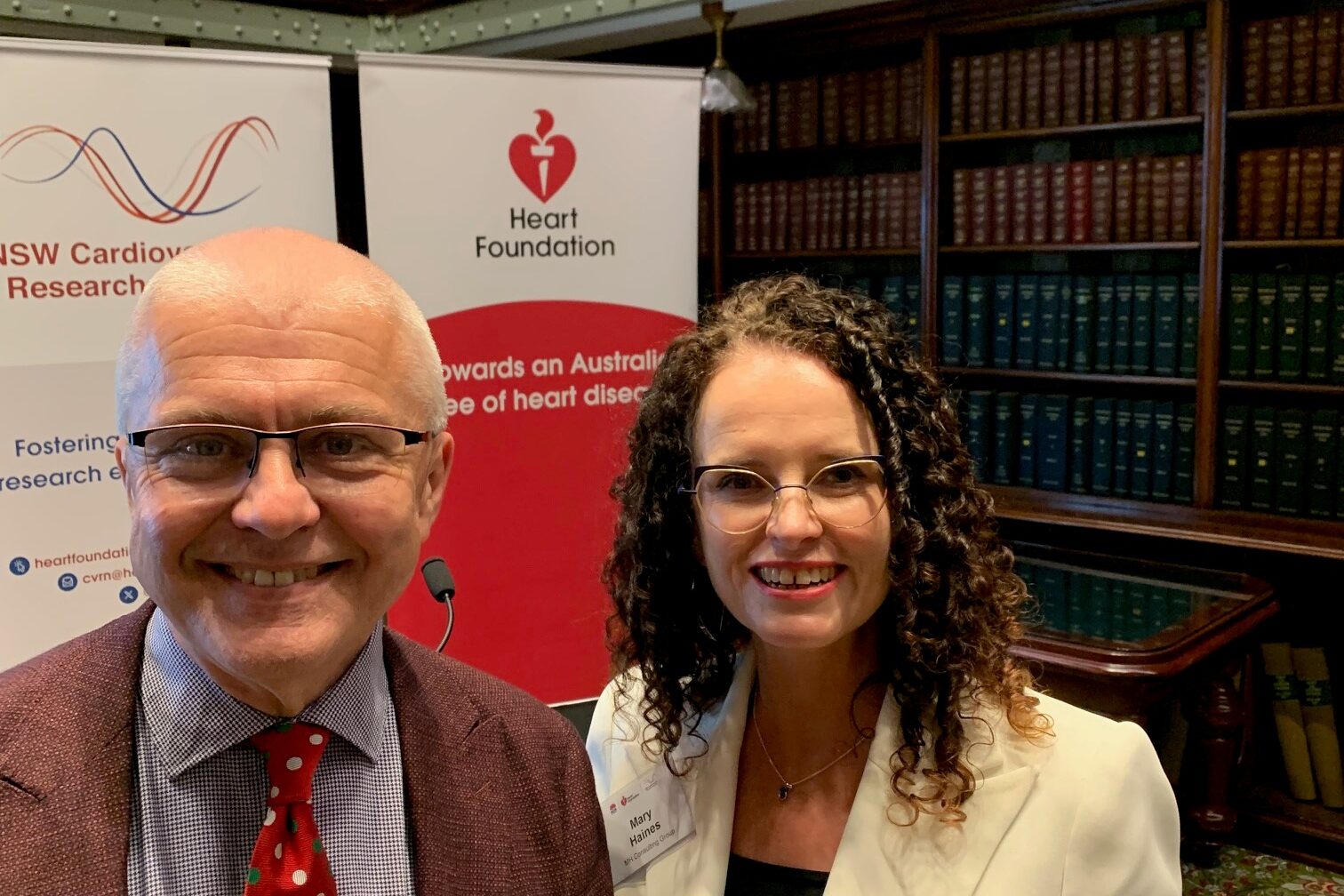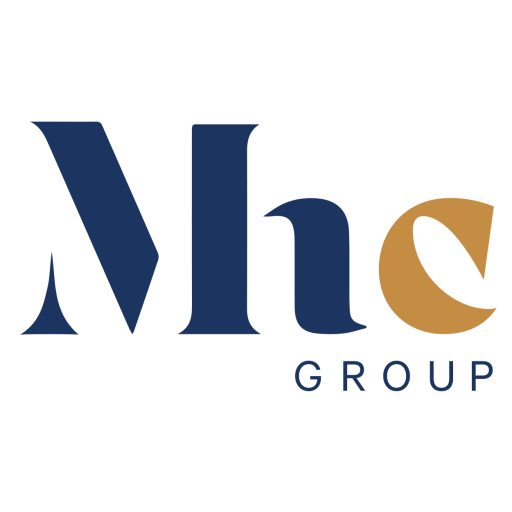
Read time: 2 minutes
Date: 10/2024
David Lloyd is CEO of the National Heart Foundation and has enjoyed a career focused on cultural and strategic leadership in complex environments in healthcare, medical research, and higher education. He has 25 years’ experience as a COO/CEO working with major organisations, including in roles of founding CEO of a new cancer research institute at the University of Adelaide and CEO of Jean Hailes.
David has experienced all manner of workshops as a facilitator, leader and participant. I asked him to share his insights into the key elements that turn a workshop into concrete action.
– Mary Haines
Top Tips: Heart Foundation CEO David Lloyd on making workshops work
Mary Haines: What is the key to running a workshop where participants feel really engaged and motivated to contribute?
David Lloyd: There are a few things that characterise successful workshops, David says.
“One is pre-reading. I know we’re all busy people, but I think it’s important to put pretty much as much time as you would spend attending a workshop into the process of reading up and preparing for it,” he says.
He gives the example of when he was CEO at Jean Hailes and a series of five workshops was held to help develop the National Women’s Health Strategy. “They were short, they were after work. They were clear, but there was a lot of pre-reading before. There were clear questions that were put out. People had had to think about them beforehand and almost everybody did prepare well.”
Another key to success is to have a clear and somewhat circumscribed agenda, he says.
“If you’re asking a specific question, you’re more likely to get specific and actionable answers.”
Mary Haines: Do you feel there’s an advantage to engaging an external facilitator to run a workshop?
David Lloyd: “Almost always,” David says, highlighting that in his role as CEO, it’s helpful to have somebody else take the lead so he can fully participate in the workshop.
“Facilitating is a skill…. I think I’m reasonably good at contributing to a workshop, but I probably want to contribute too much. I don’t think I’m a brilliant facilitator of one – but I recognise the skill when I see it, and it’s an absolute joy to watch.”
Using a neutral facilitator to not only run the workshop but to assist with preparing and choreographing it is ideal, he says.
“You do actually need to choreograph and corral these things, because they can go off-piste so quickly and so easily.”
He gives the example of a using an independent facilitator for a recent workshop, which involved leaders from a number of disease, organ and profession-specific entities.
“It was so good to have somebody independent, who didn’t have an axe to grind or perspective on the issue, run that meeting for us, because that person could tell me or anyone else that they wanted more from us or to shut up if we were talking too much – you really need that.”
“Keep it short and sharp, have a clear agenda, lots of pre-reading and have a ruthless facilitator – those would be my would be my tips.”
– David Lloyd
Mary Haines: Are there any pitfalls that you should avoid in workshop planning, facilitation or participation?
David Lloyd: It’s important to be clear to participants that the “grandstanding pitch” won’t be helpful or welcome, David says.
“I think you need a certain ruthlessness…. a good facilitator knows how to make sure that if that’s what’s happening, and a contribution is turning to into a speech, that it ends.”
As well as avoiding grandstanding, he says it’s important to have a clear agenda with specific questions.
He gives an example of a workshop where all participants around the table were invited to make preliminary statement on the issue at hand, which took all morning.
“And then we had lunch, and then we kind of fell asleep, and then we went home – it could have been four or five shorter workshops with very specific question and I think it might have produced much more.”
Another point David emphasises is the importance of “using the right verbs”.
“So many documents I read that come out of this kind of discussion have what I think of as hopelessly soft and almost meaningless verbs, like facilitate, coordinate, enable, embed … these words are just an excuse for not doing something.”
“You want to build, create, teach, make happen kind of thing. So big, strong doing words are really, really important and I think you can set the tone with the pre-reading that you set, with case studies of people doing things and finding they did or didn’t work, rather than creating an environment in which things might be done.”
Mary Haines: So what would be your top strategies for ensuring workshops really drive those actionable and productive outcomes?
David Lloyd: Firstly, get a facilitator, David says.
Secondly, set the pre-reading and make it action-oriented, so it sets the mindset for the workshop.
“Set the expectation of work beforehand – say very clearly: ‘You’re not going to enjoy this unless you’ve done the pre-reading’,” he says.
Have a clear agenda, and avoid full-day workshops, he adds.
“Short and sharp, be clear, we’re going to talk about this, and we want this from the discussion,” he says.
Mary Haines: Remote formats for workshops are here to stay. How do you see the future of workshops evolving, with the advent of AI and other technology – and what can leaders do to make them engaging and effective across all formats?
David Lloyd: “I don’t think workshops can be engaging and effective across all formats. I think there is absolutely nothing like a face-to-face meeting,” David says, admitting that his view is ‘old-school’.
While he has experienced workshops run well online with a facilitator who is comfortable with the technology and use of breakout rooms and other online strategies, he believes the hybrid format – with some participants face-to-face and others online – doesn’t work.
“I absolutely don’t think hybrid meetings work, if you’ve got three people online and five in a room, that kind of thing, I think that is an absolute recipe for failure.”
He says the fast growth of AI is fascinating. “I think we’re all discovering how it can work,” he adds.
David suggests AI can be a useful tool for creating meeting summaries, which he’s found to be about 80% correct, requiring a fairly quick editing process.
“If you can use that kind of capability in AI, in managing and massaging and then distributing the outputs from workshops, then I think it has a lot to contribute, as long as we never rely on it completely.”
October 2024
Interview by Mary Haines, Founder and Director of MH Consulting Group (MHC), a boutique consultancy a boutique practice specialising in facilitation, strategy and programs, research strategy, evaluation and review. MHC developed the five minutes interview series as a platform for leading professionals to share their know how.
You are welcome to republish this article. Please include the following attribution:
This article was first published by MH Consulting Group: www.mhcgroup.com.au.
© 2015-2025 MH Consulting Group (MHC) | Disclaimer | Privacy
